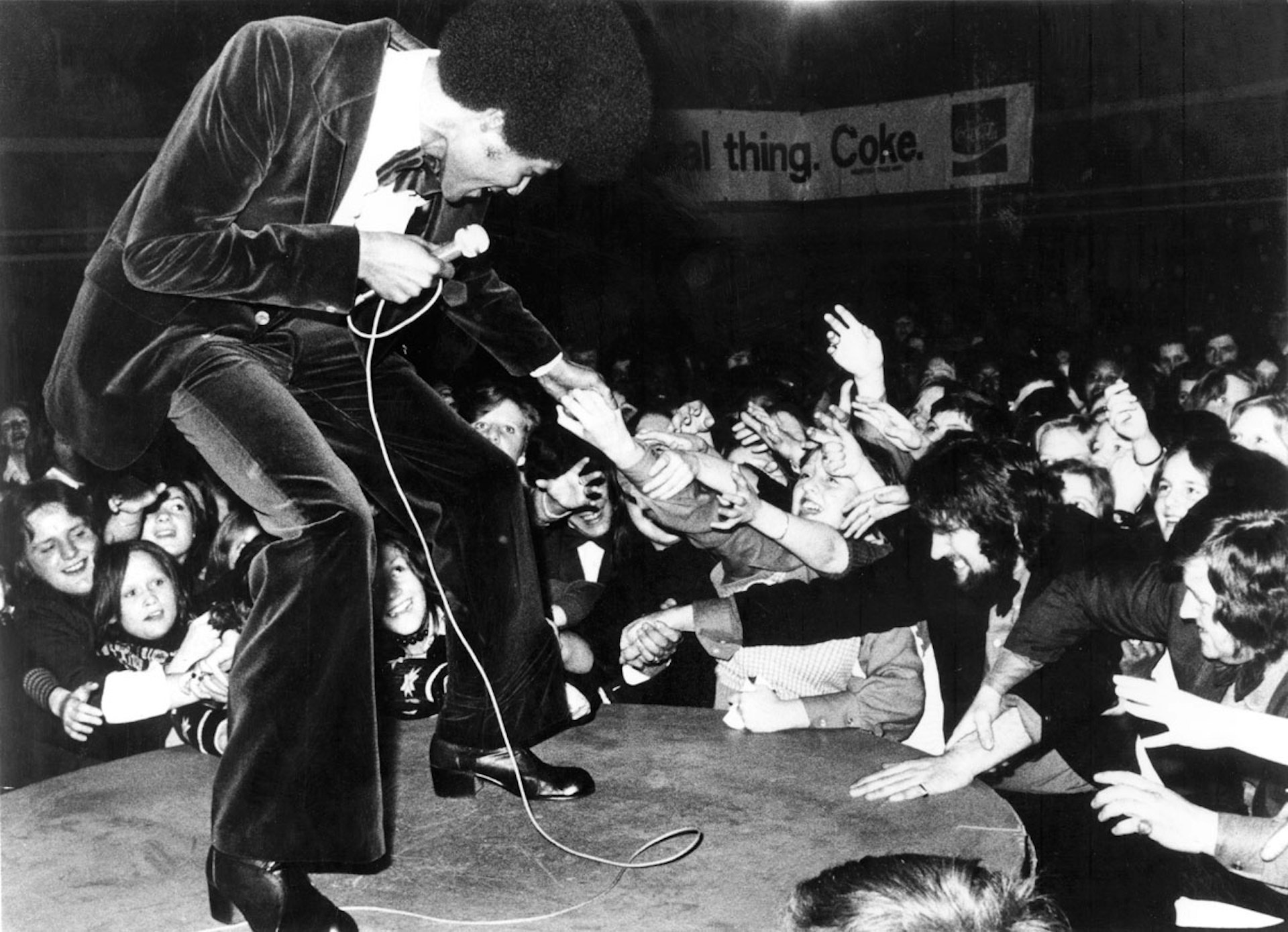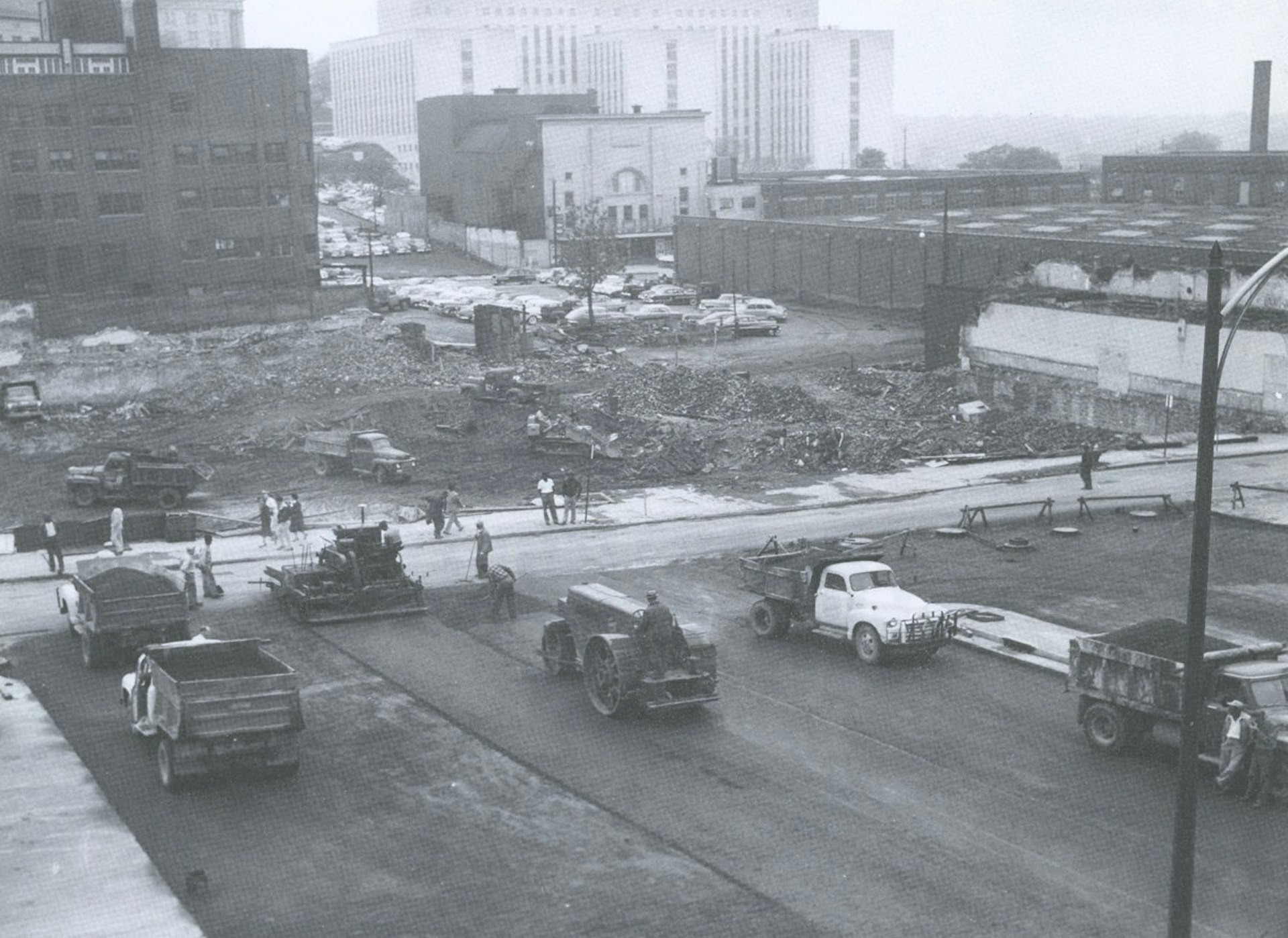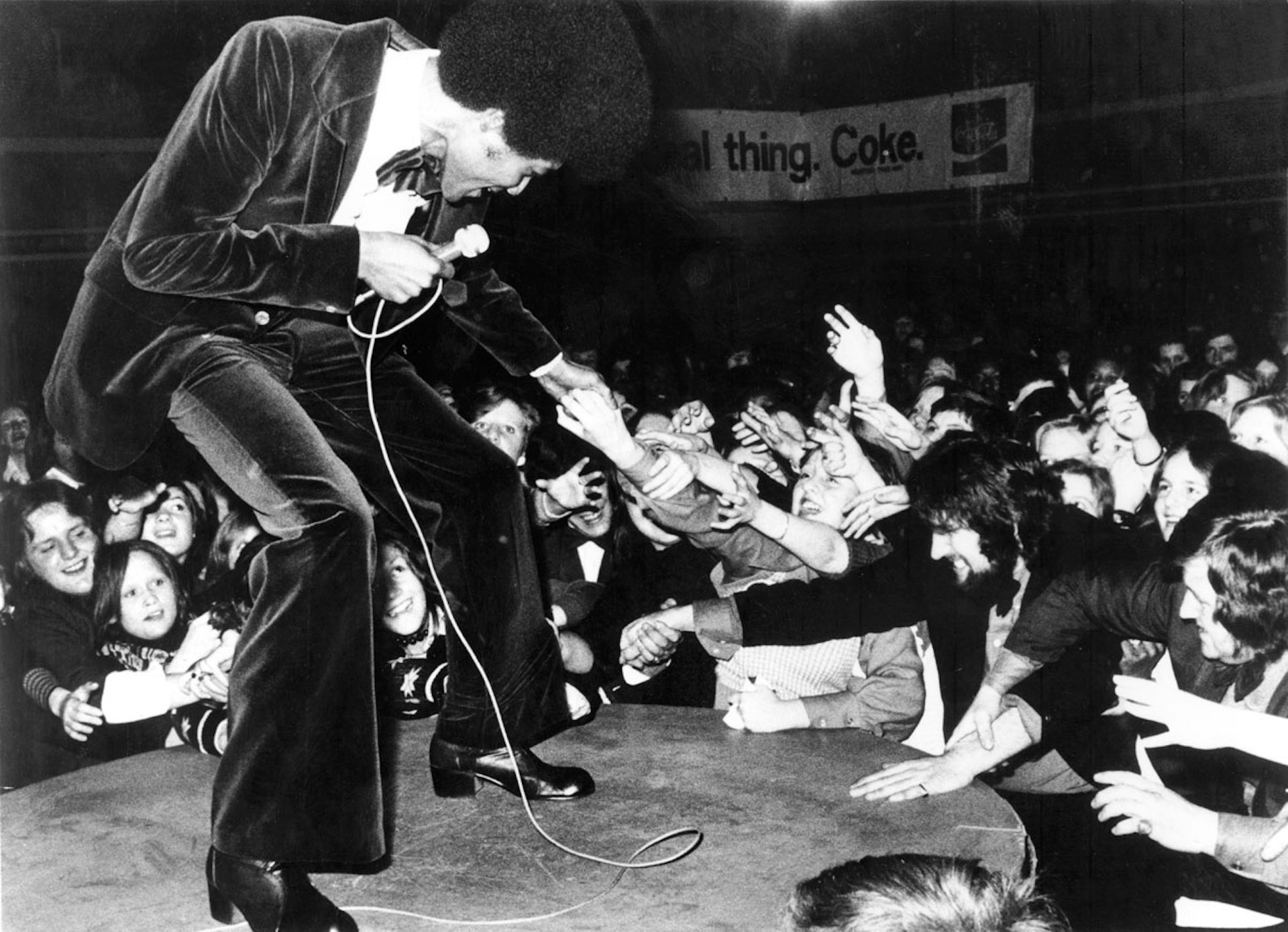


Chapter 7
Everlasting Love
R&B's Legacy & Lament
Robert Knight
By the late 1960s, R&B had changed America in profound ways. Black artists routinely topped the pop charts, while white musicians raised on R&B dominated the record industry. To many, these changes reflected the triumph of the integrationist ideals of Dr. Martin Luther King Jr. But others viewed the absorption of Black-originated styles into white music as one more form of racial injustice. Debate continues to this day.
In Nashville, urban change took its toll on the Black entertainment districts too, leaving behind interstate highways and musicians with ever fewer jobs. Yet the music moved forward. James Brown forged a sound of the future with “Sex Machine” and other hits recorded in Nashville studios, while Peggy Scott & Jo Jo Benson’s “Soul Shake” spawned an early experiment in music video. In 1967, Robert Knight recorded the original “Everlasting Love,” a song whose lasting impact attests to the enduring power of Nashville rhythm & blues.
Peggy Scott & Jo Jo Benson signed to SSS International, a soul label started by Shelby Singleton in Nashville. In 1969, a dozen years before MTV, Singleton spent about $2,000 making a pioneering music video for “Soul Shake,” shot on 16mm film at Nashville’s Centennial Park, to promote the duo overseas.

Urban renewal closes in on the Bijou Theater (center, background). Courtesy of Nashville/Davidson County’s Metro Archives.
CAPITOL HILL REDEVELOPMENT
A federally funded urban renewal project, the Capitol Hill redevelopment of the 1950s did away with most of the Black commercial district centered on Fourth Avenue North. The arrival of the interstate a decade later had a similar impact on Jefferson Street. In 1957, the Bijou Theater gave way to the wrecking ball; Nashville Municipal Auditorium was subsequently constructed on its site.
EVERLASTING HIT
A native of Franklin, Tennessee, just south of Nashville, Robert Knight scored an R&B-pop crossover hit in 1967 with the original, Nashville-recorded version of “Everlasting Love.” Written by Music City tunesmiths Buzz Cason and Mac Gayden, the song has since delighted new and wide-ranging audiences through renditions by Carl Carlton (1974), U2 (1989), and Gloria Estefan (1994), among numerous others. Through such timeless songs, Nashville still really jumps.

"'Everlasting Love' led to so many big things. I remember playing the Apollo Theater. I traveled with Joe Tex for six months. I opened for Aretha Franklin in Europe."
- Robert Knight
